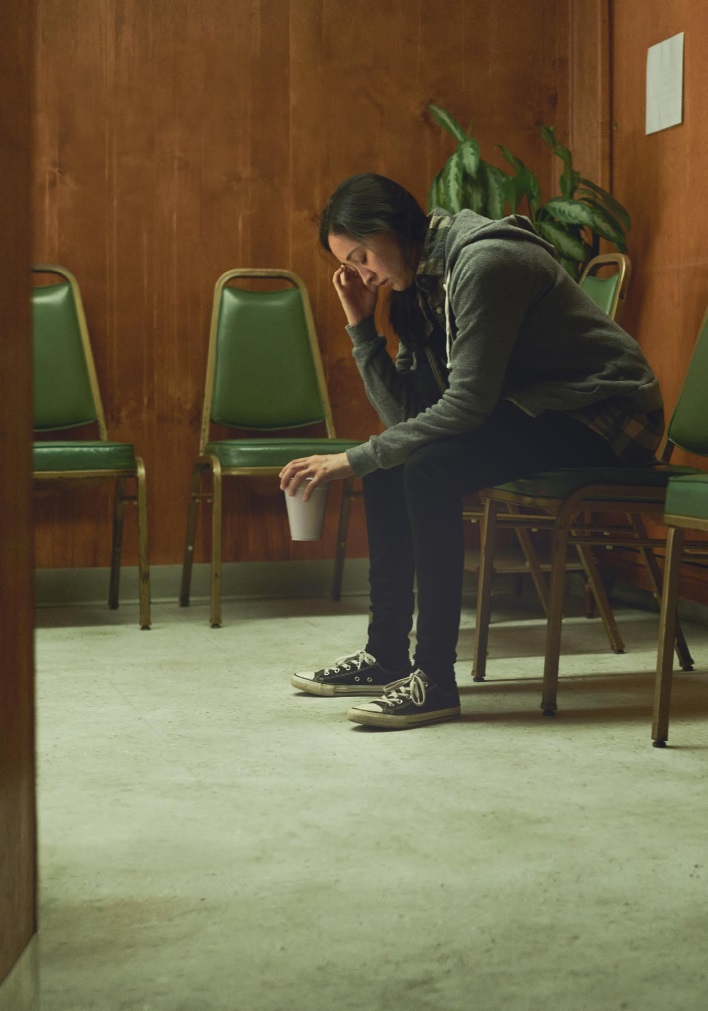of the underlying medical illness. It is certainly possible that the stress hormones that are released during a depressive episode have a negative effect on the healing process and impair resistance to infectious disease as well. It is important to understand that depression is a killer not only in the sense of suicide but in the sense of the damage that it does to the nervous system because of the body's chronic stress response.
Treatment
Today, most depressive episodes are treated with antidepressive drugs. The vast majority of patients will respond adequately, but frequently, it is necessary to have them take two or more medications before a good recovery can be obtained. Electroconvulsive therapy remains the most effective and most rapid means of treatment, but it carries a serious stigma. For this reason, it is not used frequently and is restricted to those cases that are otherwise untreat able. The emphasis on medication has caused many clinicians to deemphasize the importance of psychosocial treatment. Yet the optimum treatment for these conditions remains a mixture of medication and psychosocial treatment. Some psychosocial treatments, such as cognitive therapy, are more effective.
"Presently, suicide is the eighth-leading cause of death in the United States and is the second leading cause of death in the college-age population. The criterion of an official psychiatric diagnosis is a major depressive episode."
effective. Nevertheless, it is important, if we are going to prevent recurrences, for the person to do a survey of his or her life and to try to make corrections where needed. People who are predisposed to depression frequently are very demanding of themselves. They often do not
have a good balance in their life. They tend to do too much for other people and do not have an adequate support system for themselves. An analogy is a checking account where too many checks are being written but not enough deposits are being made.
Everyone requires emotional support. Everyone needs to feel necessary and useful. Being needed is valuable, but being valued is of even greater importance. Put most simply, we need to be loved, and that is an excellent prophylactic for preventing future depressive episodes. •
To read Part I of the Traumatic Brain Injury Series, access EP's March 2022 issue at: reader.mediawiremobile.com/epmagazine/issues/2 07743/viewer?page=55
ABOUT THE AUTHOR:
Dr. Robert Cancro, MD, Med.D.Sc., is retired Chairman of the Department of Psychiatry at the New York University (NYU) School of Medicine where he had served since 1976, and is also retired Director of the Nathan Kline Institute for Psychiatric Research (NKI). He continues as a Professor of Psychiatry at NYU. Dr. Cancro's major academic interest has been in the area of psychoses during his extensive career.

Veterans, when you're struggling, soon becomes later becomes someday becomes ...when?
Don't wait. Reach out.
Whatever you're going through, you don't have to do it alone.
Find resources at VA.GOV/REACH